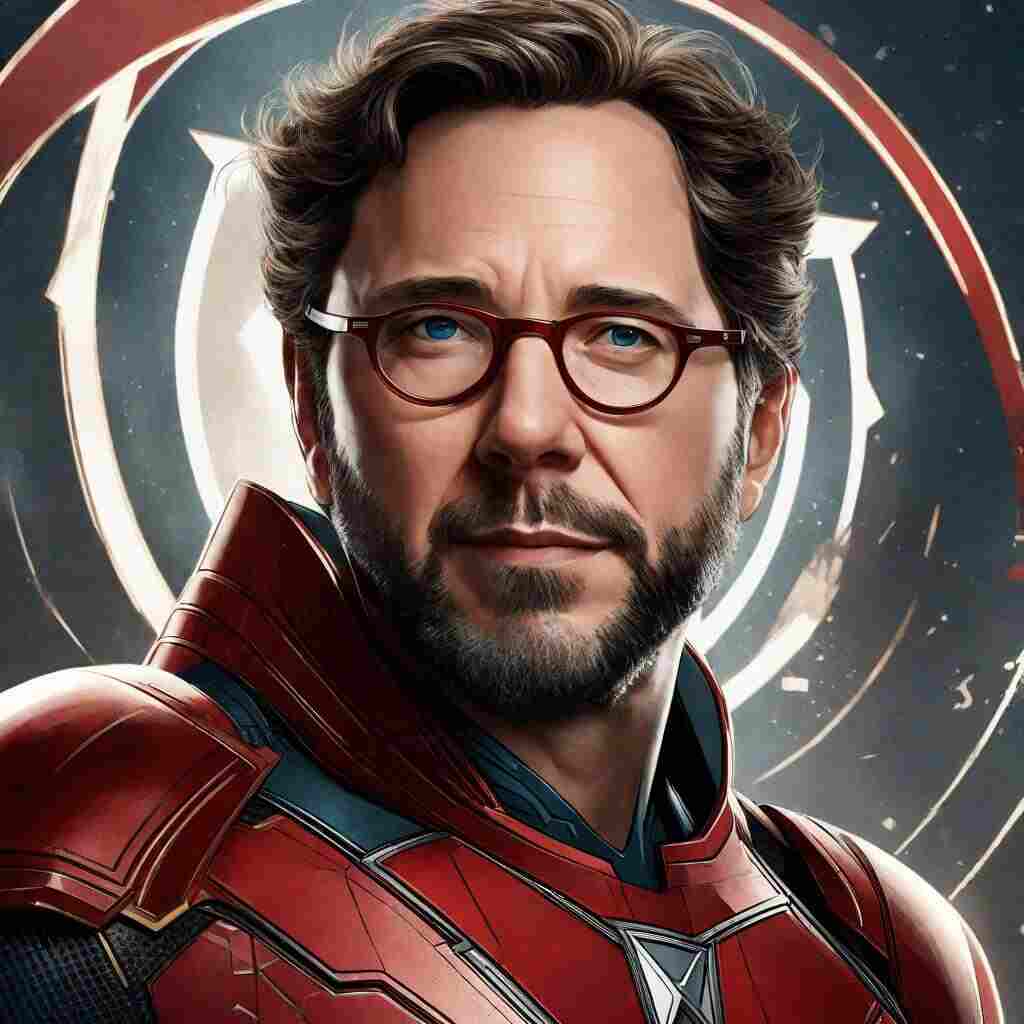In a recent revelation, Brad Winderbaum, an executive producer at Marvel Studios TV Strategy, opened up about the challenges the company has faced and outlined its strategies for revamping its TV offerings. This insight comes in the wake of Marvel’s cinematic and television setbacks, prompting a shift in their approach to content creation.
Table of Contents
Marvel Studios TV Strategy Setbacks
Marvel Studios, renowned for its blockbuster movies, faced a series of setbacks in both the cinematic and television realms. Major productions such as “Ant-Man and the Wasp: Quantumania” and “The Marvels” received criticism both commercially and critically, while TV series like “Secret Invasion” failed to meet expectations among fans and reviewers. Jonathan Majors’ legal issues led to a pause in the multiverse storyline involving Kang the Conqueror, adding to the studio’s challenges.
Winderbaum acknowledged these difficulties, stating, “We’ve learned a lot.” He highlighted the studio’s rapid production of content, emphasizing that Marvel, primarily a filmmaking company, faced challenges in adapting its movie-like structure to TV series. This first round of shows, according to Winderbaum, had a standalone limited series feel, a departure from traditional TV formats.
Marvel Studios’ Adaptation and Overhaul
Addressing the turmoil within Marvel Studios, an October 2023 report by The Hollywood Reporter indicated a shift in the production approach. The studio reevaluated its TV content, particularly overhauling “Daredevil: Born Again” due to its perceived shortcomings. Notably, Marvel Studios TV Strategy moved away from TV pilots, opting for greenlighting ” $150 million-plus seasons of TV on the fly.” The involvement of film executives increased, taking charge of the show’s direction, and post-production and re-shoots played a crucial role in refining content deemed not up to par.
Positive changes were implemented, including empowering showrunners in the development process. Showrunners took charge of crafting TV pilots and show bibles, contributing to a more collaborative and effective TV development process at Marvel Studios.
Clearer Differentiation Between Movies and TV Shows
During the press junket for “Echo,” Winderbaum emphasized a strategic shift in Marvel’s content. He outlined a clearer separation between Marvel movies and TV shows, with future content leaning more towards the television format. Winderbaum stated, “Moving forward, our content is going to feel a lot more like television,” emphasizing a narrative that drives towards the future and engages viewers in a more relaxed, living room setting. This approach aims to distinguish Marvel’s TV content from the grand cinematic experiences in movie theaters.
What Lies Ahead Marvel Studios TV Strategy
As Marvel Studios charts a new course, “Echo,” the upcoming Disney+ Marvel TV show for mature audiences, is set to launch all five episodes simultaneously on Disney+ and Hulu on Jan. 10. Notably, the R-rated “Deadpool 3” stands out as the sole MCU movie slated for release in 2024. Additionally, “Agatha: Darkhold Diaries” and the animated revival of “X-Men ’97” are scheduled for 2024 on Disney+, although specific release dates are yet to be confirmed.
Conclusion
In conclusion, Marvel Studios acknowledges its recent challenges and has taken proactive measures to redefine its approach to TV content. The strategic shift towards a more television-oriented format, empowered showrunners, and a commitment to engaging storytelling signal a promising future for Marvel’s television endeavors. As fans anticipate the release of “Echo” and other upcoming projects, Marvel’s dedication to continuous improvement sets the stage for a compelling and immersive entertainment experience.
Why did Marvel Studios face setbacks in its recent movie releases?
The setbacks were attributed to critical and commercial challenges faced by films like “Ant-Man and the Wasp: Quantumania” and “The Marvels” in theaters.
What led to the pause in Marvel’s multiverse storyline involving Kang the Conqueror?
The storyline was halted due to Jonathan Majors’ legal issues, leading to disruptions in the production timeline.
How did Marvel Studios adapt its Marvel Studios TV Strategy content production approach?
Marvel Studios shifted away from traditional TV pilots, opting for on-the-fly greenlighting of substantial TV seasons and increased involvement of film executives
